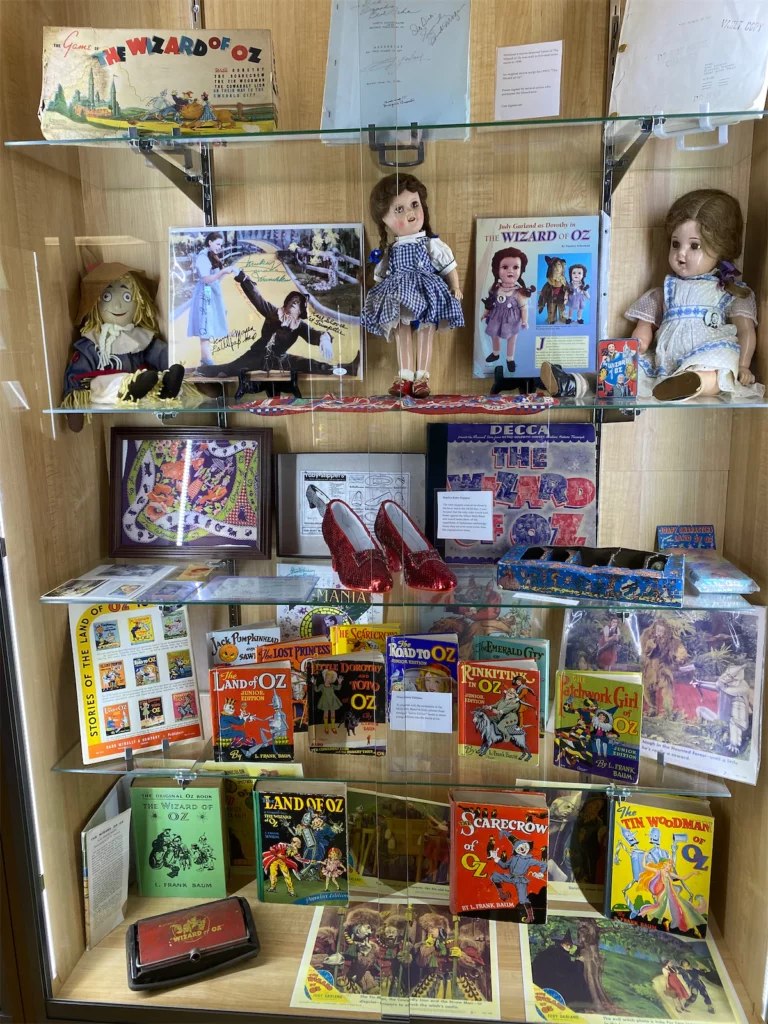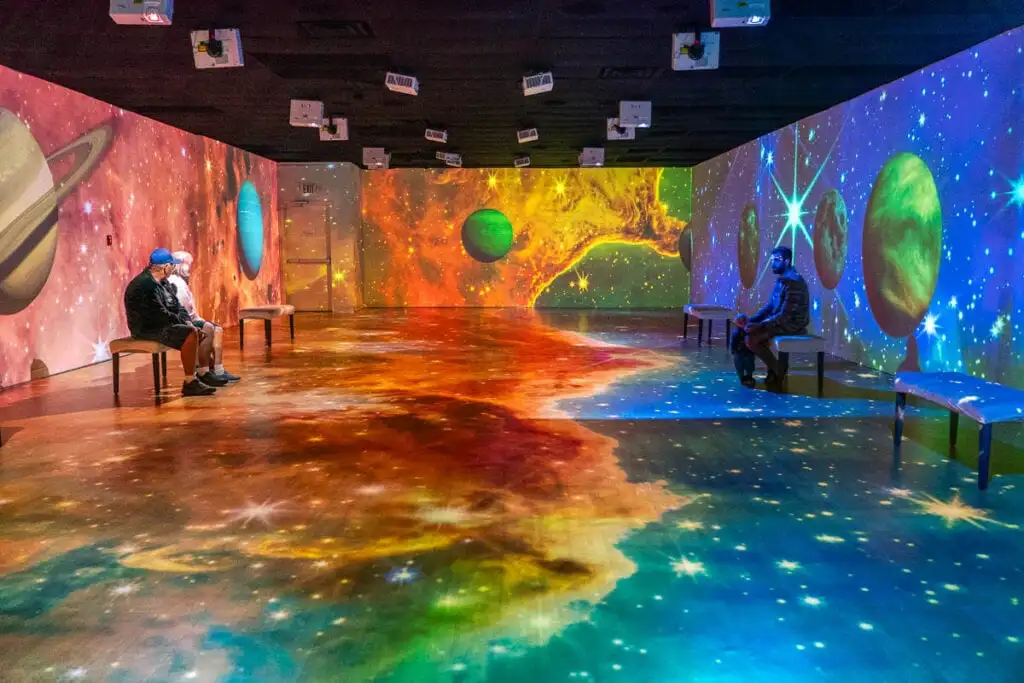What Makes a Good Museum?
There are thousands of museums across the country and the world. The oldest known may be from 2500 ago by the Babylonian Empire and more open every year. Museums serve many purposes – to educate people who are new to the subject, to present artifacts or locations that can be seen nowhere else, to advocate for a particular opinion or worldview, and even to just keep the visitors entertained.
Hopefully, we have all been to museums that we thoroughly enjoyed, that kept us interested and left us with new information. We’ve probably all also had some less positive experiences – walking into a museum to see little more than walls and walls of text, or rooms full of rusty bits of stuff.
I would like to present some thoughts on what makes a good museum, and some ideas on how to choose which ones to visit.

Artifacts
What makes museums unique? Vast amounts of information are just a click away in the internet age, and untold numbers of books could be ordered to your doorstep with two-day shipping. In the modern era, why do we need to go to a specific location to learn about history?
One of the best answers is artifacts. Some museums try to give you the experience of seeing artifacts in 3d on their website, but there is nothing like standing in front of a piece of history and seeing the scale, colors, and proportions of the genuine object.
Look for a museum that emphasizes artifacts, because that is the thing you can get nowhere else.
Also important is what objects they have. You can go to many places to see examples of Dorothy’s dress, but in the Wizard of Oz museum in Florida, you can see the original.

Interpretation
Museums from an older era had no lack of artifacts. They were packed floor to ceiling with objects, stacked behind doors and spilling out of drawers.
But they completely lacked context and sometimes even labels. Unless you are already quite familiar with the history, and already know what you are looking at, you will not learn much from a pile of objects.
Well-planned and written displays can do a great job of introducing you to a topic or reminding you of the highlights of a story.
At the Wizard of Oz Museum, we not only provide a written display but also offer an audio tour utilizing QR codes assigned to cabinets.
We provide many interesting facts related to the Oz stories, to keep visitors interested and engaged.
The goal is to inspire visitors to think of the impact of the Wizard of Oz story outside of the general MGM Movie.

Technology
Many modern museums have swung in the other direction from those stuffy old museums that are heavy on items and light on words.
For newer museums, amassing a large collection of artifacts to show can be quite a challenge.
Technological displays can be quite helpful. Visualizations of parts can be quite dramatic, and very helpful in understanding museum offerings.
In the Wizard of Oz Museum we reconstructed models of story, something you can find nowhere else.
Many computerized displays are directed at children. While they may not contain much information, perhaps they hold their attention long enough to get something useful in their head.
Some are expensive gimmicks, this is another area where museums can give you something that you can’t get at home.
Visit the Wizard of Oz Museum today

